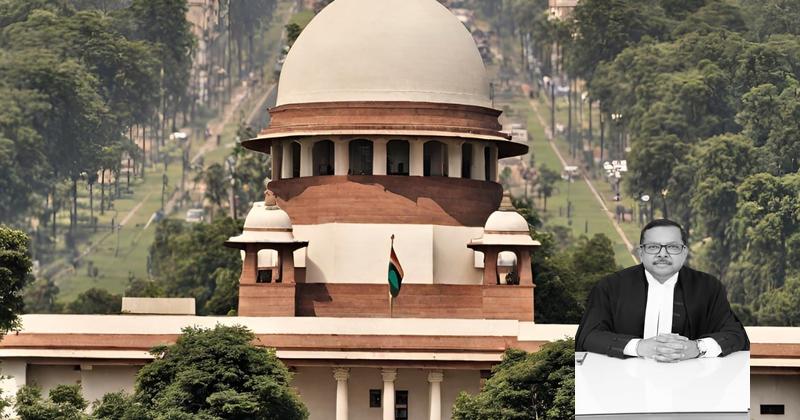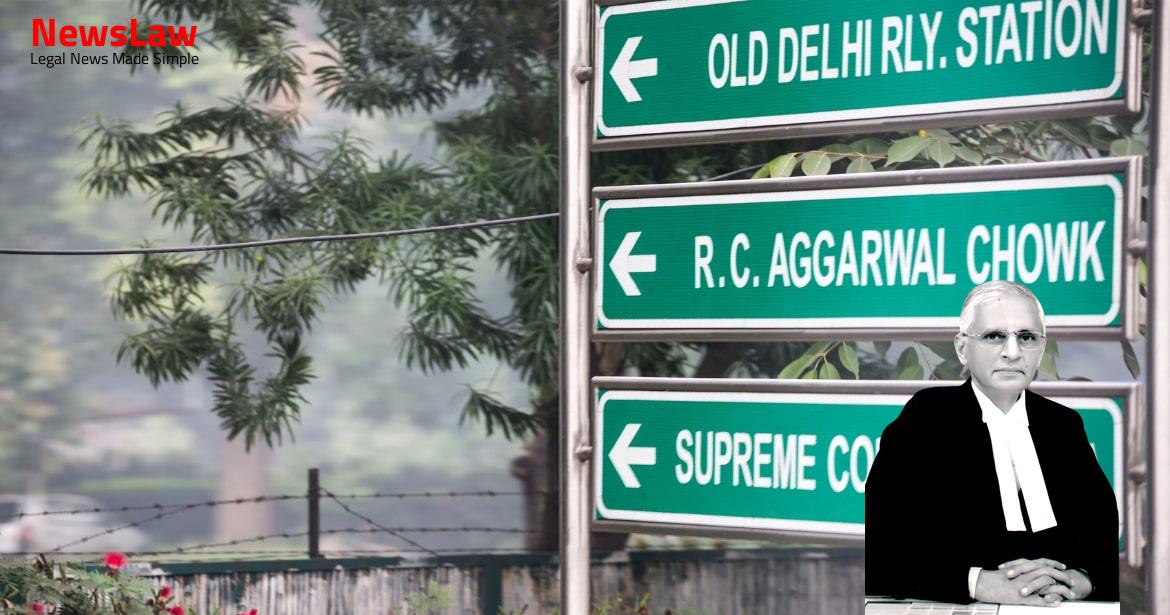The learned Additional District and Sessions Judge, Salem, had passed an order dated 9th January 2009 granting discharge to the appellants in the exercise of powers under Section 227 of the Code of Criminal Procedure, 1973 (for short ‘CrPC’).
Also Read: https://newslaw.in/case-type/civil/grant-of-promotional-pay-scale-to-ayurvedic-medical-officers/
They informed the respondent’s father that Gopal had purchased the said property from the first appellant, and they wanted to measure the property.
After completing the investigation, the investigating officer submitted a final report recording that the death of the deceased was due to natural cause and due to prior enmity, the respondent falsely implicated the appellants.
He submitted that both the reports were not placed on record, and there is no final opinion regarding the cause of death.
Also Read: https://newslaw.in/case-type/criminal/protection-of-public-servants-in-criminal-proceedings/
Perusal of the impugned judgment shows that the High Court was of the view that the learned Additional District and Sessions Judge had conducted a mini-trial. The significance of the post-mortem certificate is that it records that there were no ante-mortem injuries present on the body of the deceased.
Thus, the expert witness examined by the respondent, who admittedly carried out a post-mortem on the body of the deceased, has categorically stated that the death of the deceased was natural.
Hence, the impugned judgment and order cannot be sustained, and the same is set aside.
Petition No.51 of 2008 in Sessions Case no.
Case Title: RAMALINGAM Vs. N. VISWANATHAN (2024 INSC 45)
Case Number: Crl.A. No.-000212-000212 / 2024



